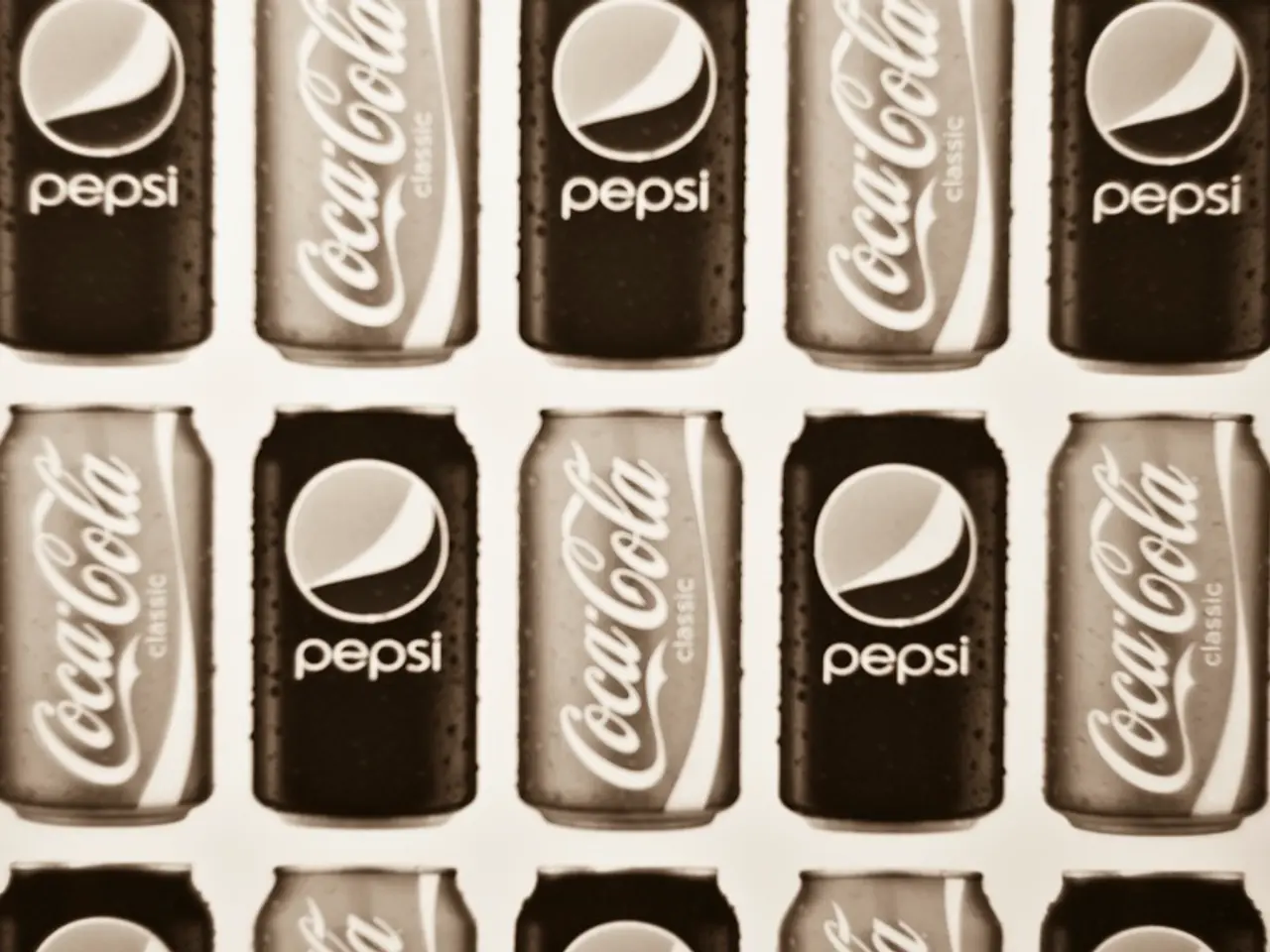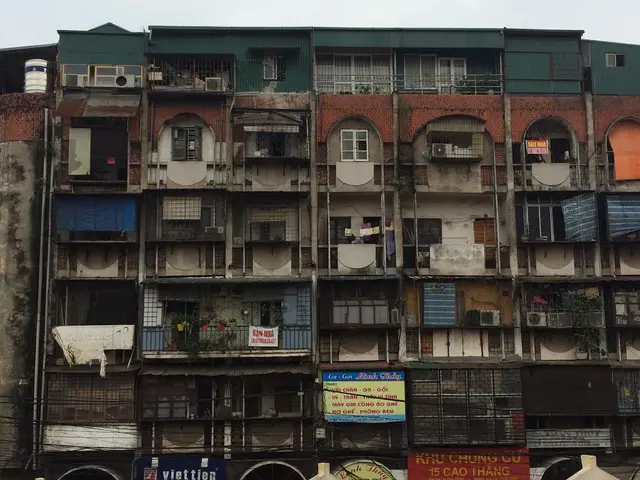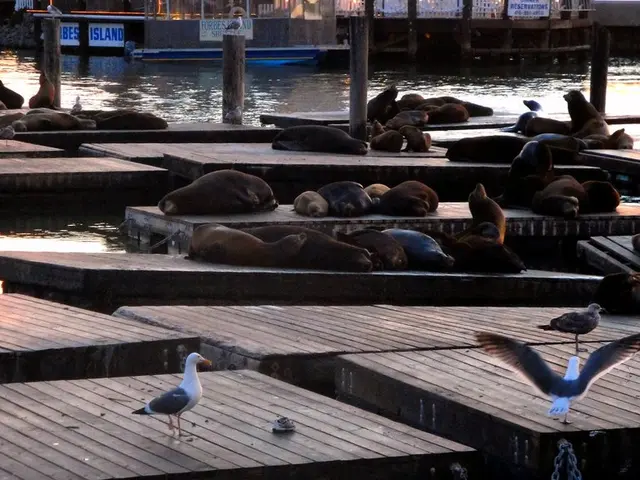Expanded market value for canned food projected to reach USD 31.2 billion by 2034, at a compound annual growth rate of 3.4%
The food cans market, a significant player in the packaging industry, is experiencing steady growth across various regions. According to recent reports, the market is projected to reach USD 31.2 billion by 2034, growing at a CAGR of 3.4% from 2025 to 2034.
Steel, with a 56.8% share, currently leads the market due to its durability, barrier properties, and cost-effectiveness. Two-piece cans, accounting for a 67.3% share, dominate the market, offering superior strength, efficient manufacturing, and cost-effectiveness.
Fish and seafood products lead the applications in the food cans market, with a 24.6% share. Canning preserves nutrients, flavor, and freshness, making it an ideal choice for these products.
The Asia Pacific region is a fast-growing market, propelled by urbanization, rising incomes, and expanding retail networks. The Middle East & Africa and Latin America also show steady growth, supported by increasing packaged food adoption and improved supply chains.
North America, valued at USD 10.2 billion in 2024, holds a 45.9% share of the market, with strong demand for packaged meals boosting its position. Europe follows closely, driven by strict food safety standards and a focus on sustainable packaging.
Companies are investing in sustainable innovations to meet the growing demand for eco-friendly packaging. For instance, Ball Corporation promotes the infinitely recyclable nature of its food cans and invests in digital printing technology for shorter-run, customizable can designs. Ardagh Group has launched 'Infinite Loop' food cans, made with a minimum of recycled aluminum and designed to be infinitely recyclable.
Dell Monte Foods and Dole plc are also committed to sustainability, aiming to make 100% of their plastic packaging reusable, recyclable, or compostable. Dole plc has the Dole Promise, which includes goals to eliminate processed sugar from all their products and move towards zero fossil-based packaging.
CAN-PACK S.A. focuses on value-added decorations and shapes for food cans, while Pano develops PVC-free closures for food containers, indicating investment in sustainable packaging components. From 2025 to 2034, steel companies like POSCO, Salzgitter AG, ArcelorMittal, and Saarstahl AG are investing in sustainable innovations in steel production, focusing on reducing CO₂ emissions and improving production technologies.
The market for food cans is likely to continue growing steadily as urbanization, environmental awareness, and consumer lifestyles evolve. Food cans fulfill critical needs across many segments, including prepared meals, pet food, meat & seafood, and consumer demand for sustainable packaging. As such, the food cans market is poised for continued growth and innovation in the coming years.
Read also:
- Show a modicum of decency, truly
- Latest updates for July 31: Introduction of Ather 450S with expanded battery, unveiling of new Tesla dealership, and additional news
- VinFast's debut EV plant in India, Tata Harrier EV distribution starts, next-gen Mahindra Bolero sightings caught on camera
- Tesla-powered residences in Houston create a buyers' frenzy








